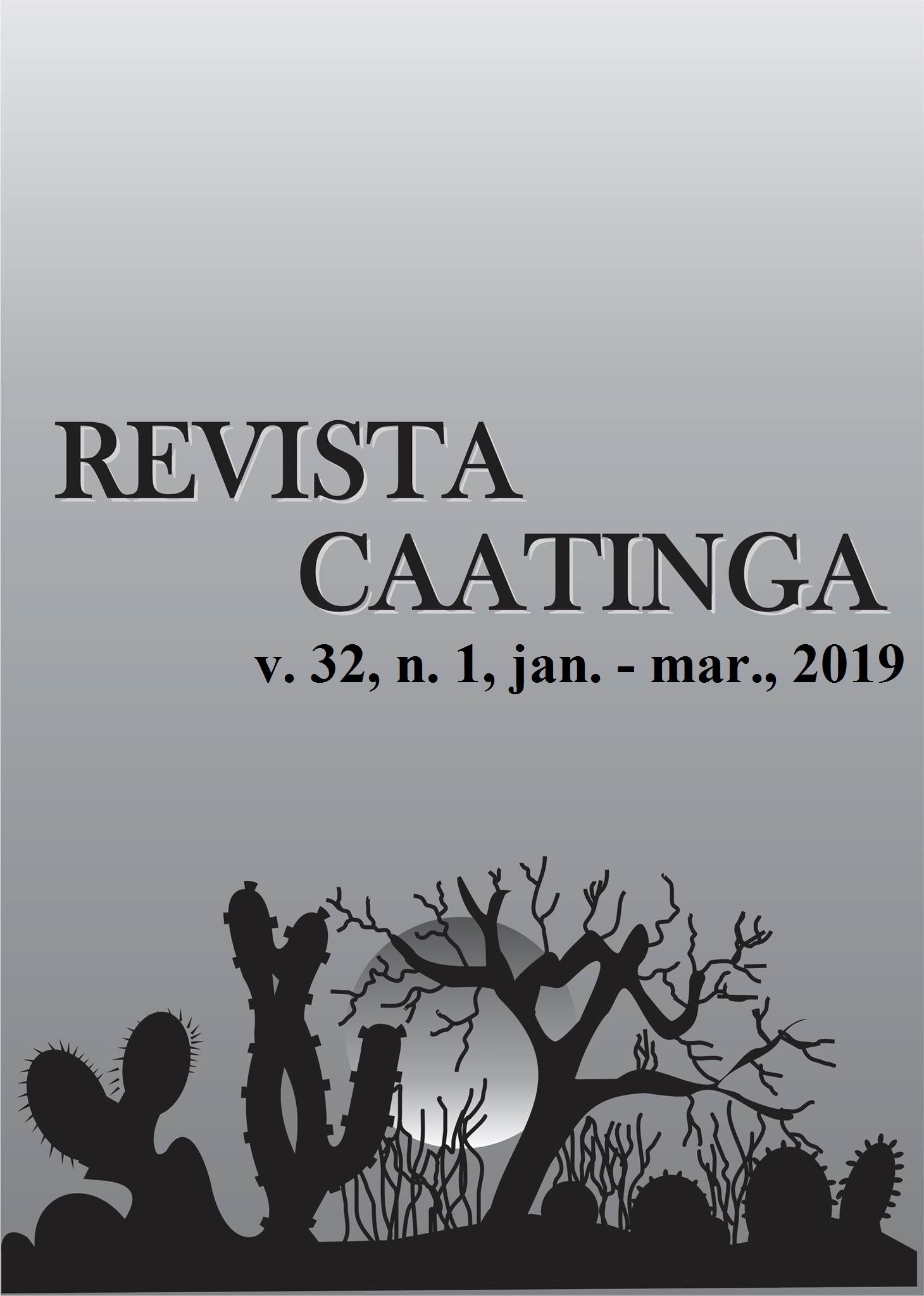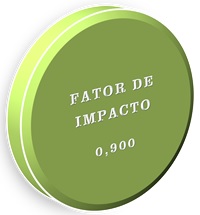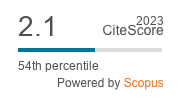PHYSIOLOGICAL AND SANITARY QUALITY AND OIL CONTENT OF CASTOR BEAN SEEDS UNDER DIFFERENT STORAGE CONDITIONS?
DOI:
https://doi.org/10.1590/1983-21252019v32n114rcKeywords:
Room conditions. Cold room. Cryopreservation. Packaging. Ricinus communis.Abstract
The objective of this work was to evaluate the effects of different storage conditions on the physiological and sanitary quality and oil content of castor bean (Ricinus communis) seeds. Seeds of castor bean plants of the Guarani, and IAC-80 cultivars were stored in two environments (cold room, and room conditions), using three package types (multifoliate Kraft paper bag, and polyethylene bag, and polyethylene bag with vacuum at 1 atm). In addition, another storage condition was evaluated: cryopreservation (-196 °C) in foil paper bags. Seed quality was evaluated before storage and at 4, 8, and 12 months after storage by testing their 7-day and 14-day germination, emergence, health, water content, and oil content. The experiment was conducted in a completely randomized design, with 7×4 factorial arrangement consisting of seven storage conditions and four evaluation times. Cryopreservation is the ideal condition for maintaining the seed physiological quality of the Ricinus communis cultivars used throughout storage. The oil content of the R. communis seeds decreases, and the incidence of Aspergillus spp. and Fusarium spp. fungi increases throughout storage, regardless of the storage conditions.
Downloads
Downloads
Published
Issue
Section
License
Os Autores que publicam na Revista Caatinga concordam com os seguintes termos:
a) Os Autores mantêm os direitos autorais e concedem à revista o direito de primeira publicação, com o trabalho simultaneamente licenciado sob a Licença Creative Commons do tipo atribuição CC-BY, para todo o conteúdo do periódico, exceto onde estiver identificado, que permite o compartilhamento do trabalho com reconhecimento da autoria e publicação inicial nesta revista, sem fins comerciais.
b) Os Autores têm autorização para distribuição não-exclusiva da versão do trabalho publicada nesta revista (ex.: publicar em repositório institucional ou como capítulo de livro), com reconhecimento de autoria e publicação inicial nesta revista.
c) Os Autores têm permissão e são estimulados a publicar e distribuir seu trabalho online (ex.: em repositórios institucionais ou na sua página pessoal) a qualquer ponto antes ou durante o processo editorial, já que isso pode gerar alterações produtivas, bem como aumentar o impacto e a citação do trabalho publicado (Veja O Efeito do Acesso Livre).







